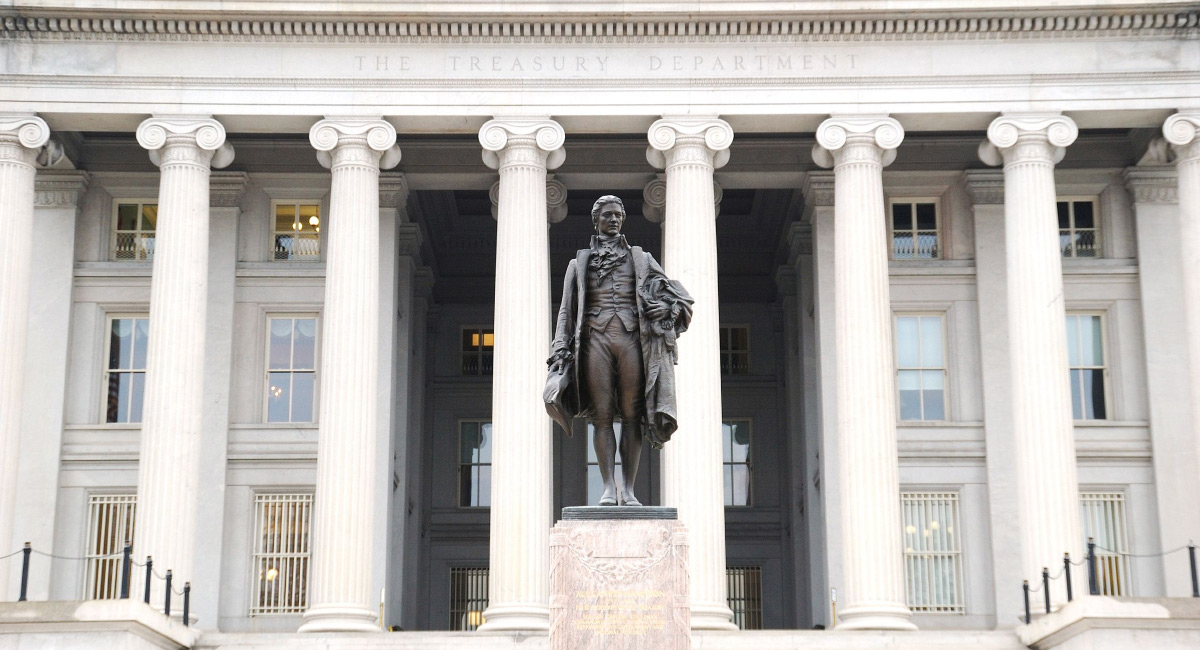One argument for public support for universities is that they provide “positive externalities” or spillover effects. Experts, always university trained and often professors, are able to shape policy for the public good. While perhaps not Plato’s philosopher kings, their superior knowledge merits them a special role in advancing our society. The economic advancement of humankind was closely associated with the Enlightenment of the 17th and 18th centuries expanding the boundaries of human thinking, and Enlightenment thinking became enshrined and strengthened at universities.
University-based researchers like Jonas Salk have conquered polio and other great diseases. At this very moment, many university-trained scientists are trying to find a way to stop the coronavirus threatening the planet. And academic expertise extends beyond science: in foreign policy, for example, Henry Kissinger went from being a Harvard professor to becoming arguably America’s most prominent and successful 20th century diplomat.
More generally, nearly all policymakers in America were shaped in their thinking and in their capacity for critical reasoning to some significant degree by their university training. Has higher education raised the quality of our political debate and decision-making? Although hard to measure, I think the evidence supporting that proposition is meager—non college-educated persons like George Washington and Abraham Lincoln were among our greatest leaders.
But it is in economics where university trained individuals perhaps most profoundly impact public policy. I am reading a delightful book by Simon Bowmaker, When the President Calls: Conversations with Economic Policymakers ( MIT Press, 2019). Bowmaker interviewed 35 former top government officials who worked in administrations as far back as Harry Truman and as recently as Donald Trump, most of whom also had strong ties to universities before and/or after government service. They had such jobs as Treasury Secretary, Chair of the Council of Economic Advisers. or chair of the Federal Reserve Board. I have had some connections with about half of them and have found them generally highly intelligent, often insightful individuals.
That said, “experts” in my field often make mistakes, and it is not altogether clear whether the economy has been in better shape having PhDs in economics playing a strong role in determining macroeconomic policies. If government agencies like the Treasury or the Federal Reserve were run by businessmen instead of professional economists would they have been better or worse off? Much of America’s ascendancy into economic and political prominence occurred long before university policy experts placed a major role in decision-making, before we even had a Council of Economic Advisers.
All this reminds me of a personal involvement in the policy realm. In December 2008, in the midst of the financial crisis, I testified before the Joint Economic Committee of Congress with such illustrious university based economists and sometime government officials as Larry Summers (Harvard professor and president who was Secretary of the Treasury) and Alan Blinder (Princeton professor once vice chair of the Federal Reserve Board), as well as Robert Rubin, former leader at Citigroup and Goldman Sachs and also Secretary of the Treasury.
All this group of illustrious experts testified that economic recovery from the financial crisis would be mightily helped by a large economic stimulus package—at least $800 billion. Only one witness, me, from relatively obscure Ohio University, disagreed. I said my reading of the historical and theoretical evidence suggested the stimulus program would have little or no positive effect.
A month later, with Barack Obama in office, the stimulus package of almost precisely that magnitude was swiftly adopted. The chair of the Council of Economic Advisers, Christina Romer, before and after that appointment a professor at the University of California at Berkeley, stated that if the stimulus program were adopted, the unemployment rate would not rise above 8%. It promptly rose above 8%—for 43 consecutive months, the longest bout of prolonged unemployment since the Great Depression. The “experts” were mostly wrong.
“Expert”errors reduce the faith that society has in the universities that trained and employed them. Moreover, the role of colleges as crucibles where novel ideas are formulated and explored has been further sullied by the suppression of free speech on some campuses and the extreme lack of intellectual diversity in the social science and humanity disciplines important for shaping public discourse.













